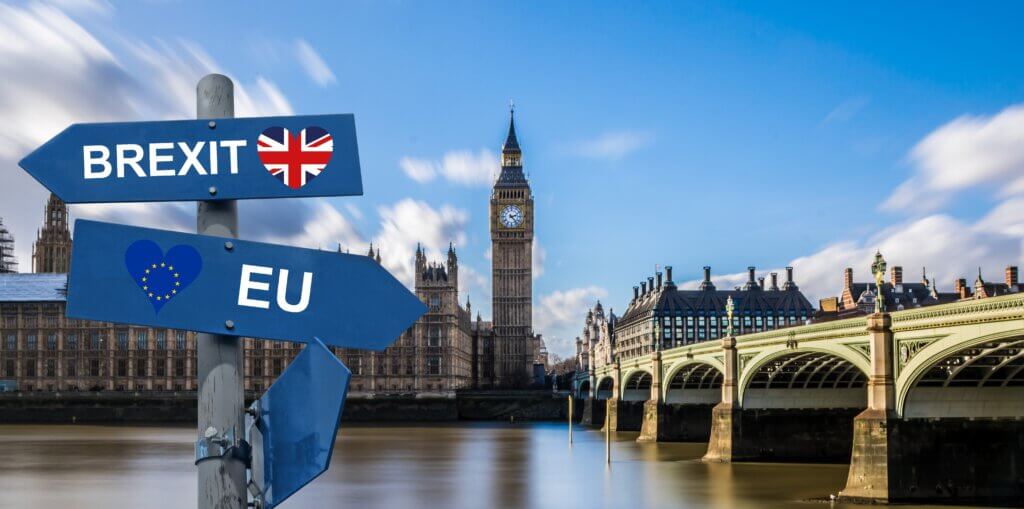
Prosperity has plummeted in the U.K. after Brexit. Switzerland can learn from this for its relationship with the EU.
Emotions often play a major role in important decisions. But mistakes are often made in the process.
This is particularly evident in Great Britain with the Brexit issue, where the majority of the people allowed themselves to be guided by emotions, and now bitterly regret the decision to Brexit due to the loss of prosperity in many cases.
No trade agreements
Cleaning up the Brexit mess involves analyzing what specifically went wrong. And so three main problems are mentioned, which should also serve as a warning for Switzerland.
First, namely, the U.K. believed, as is also widely believed in this country, that it could conclude much better trade agreements with non-EU states without the ‘shackles’ of the EU.
No better agreements
“Today, however, there is no agreement with either the U.S. or China, and there is no prospect of that changing,” Michael Saunders, a well-known British economist and member of the Bank of England’s Monetary Policy Committee, told the “NZZ am Sonntag” regarding this false expectation of Brexit.
Even the trade agreements that the U.K. has reached since the Brexit are merely copies of the agreements that the EU already has with those countries.
The argument of being ‘better off on its own feet’ in terms of such trade agreements is therefore false. At best, it would only be just as good.
Useful EU juggernaut
The second argument often put forward by Brexit supporters was that the EU had too complex regulation and a bureaucracy that was ‘getting out of hand’. But the expert did not let this stand either regarding EU rules.
“On the contrary, they make life easier for companies because you give everyone the same rules,” he explained. EU countries also have leeway in implementing standards, he added.
“The U.K. had one of the lowest regulatory burdens of any developed global economy – and that was as an EU member,” Saunders pointed out. The idea that the EU has imposed enormous regulation on the country is a myth, he said.
Complex system created
Regulation is now much worse and a greater burden with Brexit, British businesses also complained. “Now they have to deal with two different systems: the British and that of the EU,” the economist explained.
On top of that, he said, Brexit is making it more difficult for many British companies to source inputs from the EU, as they used to. Imports have become much more expensive and time-consuming, he warned. Many companies have lost business as a result, he said.
For British companies, he said, trade relations have not simply deteriorated. But they have had to completely change their business model or even downsize economic activities.
Things are also unlikely to have gotten any better with regard to the retirement of the British people, moreover, finds muula.ch. In the past, retirees from the U.K. could easily settle in Spain, Portugal or Greece. That is all over now.
Waiting times in hospital
And also the third main argument for Brexit, the stopping of high immigration, has backfired. The U.K. now sees the costs incurred when companies struggle to get employees from the EU, the economist continued.
“There is a shortage of workers in the healthcare, hospitality and cultural sectors. One consequence of the lack of free movement of people is longer waiting times in our healthcare system,” Saunders said, explaining the plight. Surely no one wants that in Switzerland.
In any case, Switzerland has paid nothing for the education of all the immigrant doctors, nurses, engineers, top managers, IT experts, even journalists. But the country benefits enormously from these people.
Community helps all
Trade is ultimately not a zero-sum game, but helps both sides. The new Brexit barriers have hurt both the EU and the U.K.
“However, it is obvious that the costs for Great Britain are much higher,” the economist sent out his cautionary words in the “NZZ am Sonntag.”
08.01.2023/kut./ena.



